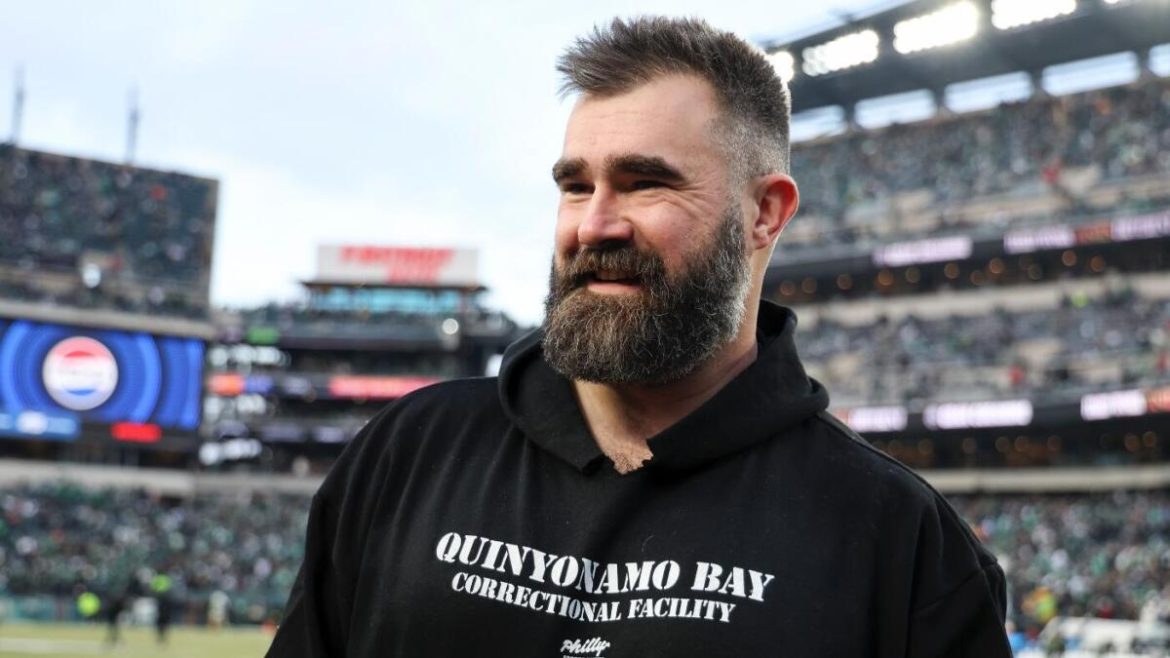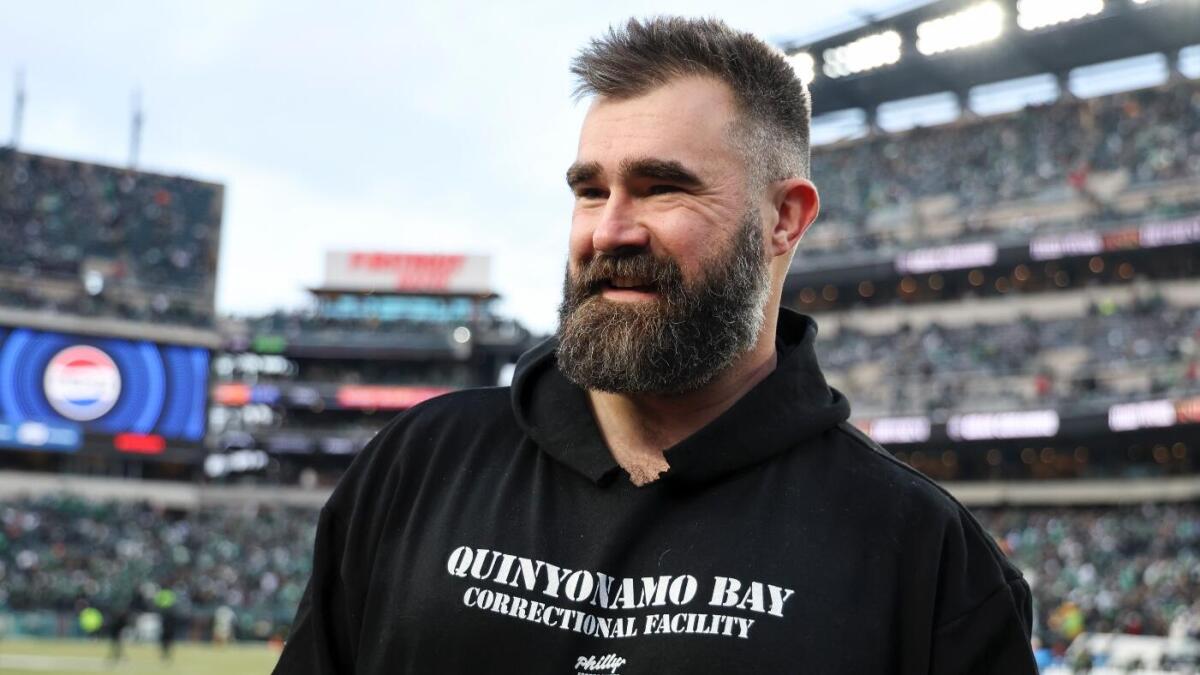The Inclusion of Flag Football in the 2028 Olympics: NFL Stars, Team USA, and Emerging Controversies
With flag football set to make its debut in the 2028 Los Angeles Olympic Games, the sport is thrust into an unprecedented spotlight. This monumental inclusion has ignited passionate discussions about the composition of Team USA’s roster, the role of professional NFL players, and the potential cultural clash between traditional flag football athletes and NFL stars keen to claim glory on a new global stage.
Flag Football’s Olympic Arrival: A Bold New Chapter
Flag football’s entry into the Olympics represents a significant evolution for the sport. Played in a dynamic five-on-five format with teams consisting of ten players, it promises to captivate a broad international audience. The timing is strategic—flag football games will occur from July 14-21, conveniently ending before NFL preseason camps commence, minimizing disruption for NFL pros interested in competing.
This Olympic debut has practical and symbolic implications. Beyond expanding the Olympic family, it offers a platform for a sport that carries a unique blend of football’s excitement without the contact risks, making it accessible and appealing worldwide.
NFL Players Eyeing Flag Football Glory
Jason Kelce, the Philadelphia Eagles lineman, and his brother Travis Kelce, a star tight end for the Kansas City Chiefs, have been vocal advocates for NFL stars’ participation in Team USA’s Olympic flag football squad. They argue that the presence of elite NFL athletes would elevate the competition’s quality, draw immense viewership, and validate flag football’s stature on the international stage.
Jason Kelce notably challenged the current flag football quarterback of Team USA with a “fiery ‘not the best’ reality check,” insisting that the best players should represent the country regardless of their background. He proposed a unique showdown—pitting the existing national flag football team against an NFL team—to definitively settle which group deserves the Olympic banner.
Travis Kelce, meanwhile, has expressed both enthusiasm and apprehension. He acknowledged his desire to compete in 2028 but worried about aging out of prime competition years, stating candidly, “I need a f****ng gold medal.” His perspective highlights the personal stakes for NFL players eager to cement their legacies beyond traditional football.
The Flag Football Purists and Cultural Clash
Not everyone views the NFL’s entrance into Olympic flag football with excitement. Veteran flag football players like Darrell “Housh” Doucette have voiced concerns of being “kicked to the side” by NFL stars. Doucette and others represent a proud cohort of athletes who have cultivated flag football’s grassroots development and excelled in the sport outside the NFL ecosystem.
Some flag football purists feel the sport’s Olympic inclusion under the heavy influence of NFL players could overshadow true flag specialists and the community that built the game’s reputation. This palpable tension underscores a cultural and competitive dilemma: should Olympic flag football be a showcase exclusively for flag football veterans, or should it welcome the biggest names in football, regardless of format?
Team USA Roster Decisions: The Great Olympic Dilemma
Selecting Team USA’s flag football roster for 2028 is an ongoing challenge with no easy answers. With many NFL players holding multiple passports, the question of eligibility and choice of representation becomes complex. Additionally, the league owners have allowed one player from each NFL team to try out, aiming to balance opportunity and fairness.
Speculation swirls around potential “dream team” compositions featuring NFL stars like Patrick Mahomes, Lamar Jackson, and Tyreek Hill, some rumored to be eager to join forces alongside the Kelce brothers. Their combined star power could create an unprecedentedly high profile team designed to dominate on the Olympic stage.
However, this setup risks marginalizing non-NFL flag football experts, potentially alienating a segment of athletes who have fought for recognition within the sport. The decision will ultimately reflect Team USA’s aspirations—whether to prioritize raw NFL talent or flag football specialists.
NFL Owners’ Position and Future Implications
NFL owners’ unanimous vote permitting players to compete in the 2028 Olympic flag football signals a willingness to experiment and explore new avenues for growth. The league views this as a “test drive” to assess the earnings impact, popularity, and logistical dynamics of NFL involvement in Olympic events.
Should the Olympic experiment prove successful, it could pave the way for future NFL players’ participation in subsequent games, potentially transforming flag football’s identity and global reach. Conversely, if unforeseen challenges emerge—such as injury concerns or internal tensions—the NFL might reconsider its Olympic flag football strategy.
Wrapping Up: A New Era Marked by Opportunity and Controversy
Flag football’s Olympic debut in 2028 marks a crossroads where tradition meets modern sports marketing ambitions. The sport’s inclusion offers NFL players like Jason and Travis Kelce a rare chance to extend their athletic legacy while sparking genuine debate about what defines competitive fairness and cultural authenticity.
At its core, this evolving story showcases how sports constantly navigate identity, competition, and commercialization. Whether the Olympic flag football competition will crown a team of NFL stars or empower dedicated flag football athletes remains unresolved—but the journey promises tremendous excitement, spirited rivalry, and a global audience ready to witness flag football’s historic moment.
By embracing both perspectives and fostering open competition, Team USA could set a gold standard for inclusion, performance, and respect—a blueprint for sports integration in the years to come.





